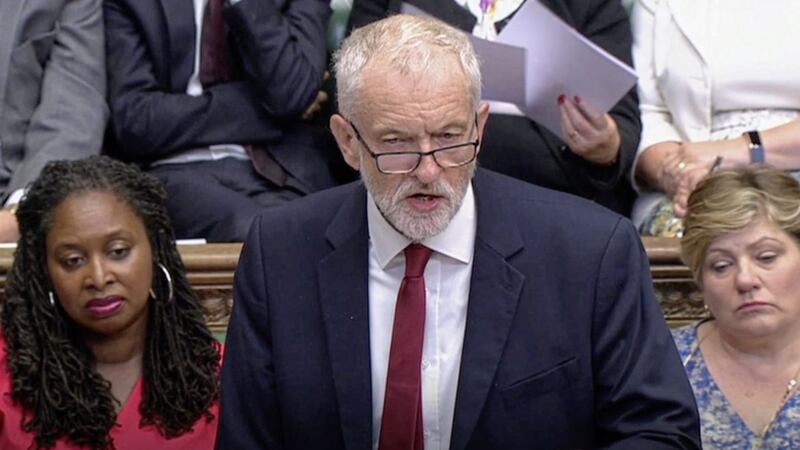The Labour Party’s disastrous conference has been interrupted by the Supreme Court’s ruling on prorogation.
However, if that ruling precipitates an election, the policies unveiled at the conference will be suddenly catapulted in front of voters.
Shadow chancellor John McDonnell promised a 32-hour working week, a £10 hourly minimum wage, collective bargaining for all jobs and company shares distributed among workers. He vowed to scrap Universal Credit, emphasising the housing benefit it pays to private landlords.
Delegates debated other proposals from McDonnell to regulate landlords, including the introduction of a ‘right to buy’ scheme for tenants. The conference also voted to effectively ban private schools and seize their assets.
These policies have earned a monstering from the press, with a Sun editorial describing them as “loony left” and “a massive Soviet-style takeover of British life”.
Opinion polling has been negative, with only 22 per cent public support for banning private schools.
Yet there is little doubt the polls and editorials would be different if similar proposals came from any other political quarter.
Following the 2017 general election, prime minister Theresa May vowed to tackle what she termed seven “burning injustices”. Five related to racism, sexism and health inequalities. Describing the other two, she said: “if you’re at a state school, you’re less likely to reach the top professions than if you’re educated privately” and “if you’re young, you’ll find it harder than ever before to own your own home.”
May also promised to tackle excessive boardroom pay, denouncing it as “the unacceptable face of capitalism.”
Would McDonnell put it any differently?
May’s proposals were welcomed by the press, with most criticism focusing on her failure to deliver them. The same newspapers that were denouncing Labour as communist this Monday were calling for Thomas Cook executives to give back their “fat cat” bonuses on Tuesday.
Had May tackled the burning injustices, perhaps it would have been through less radical policies than Labour is proposing. Or perhaps not. Labour wants state school quotas on university places to end the establishment stranglehold of public schools.
When the Liberal Democrats proposed the same in 2011, their Conservative coalition partners accepted it. More draconian ideas are hardly the preserve of Stalinists. In April, French president Emmanuel Macron responded to the ‘yellow vest’ protests by announcing he will close the elite university that produces his country’s ruling class and which he attended.
The key criticism of Labour is the one that at first glance looks most infantile - ‘loony left’.
Corbyn’s party has unquestionably fallen to cranks who inspire no confidence they can be trusted to govern, even when their policies and analysis chime with the public mood.
Most people want social imbalances addressed by a levelling up, with a sense of fair opportunity. They do not share McDonnell’s open thirst for class war.
However, many British people are now so despairing of their opportunities they will vote in unpredicted, bloody-minded fashion.
The high vote for Corbyn in 2017 was initially credited to the under-25s. Subsequent analysis showed it was due to 25-39 year olds, priced out of the housing market across much of England. Brexit was barely a factor in their vote, as could well be the case again.
Margaret Thatcher brought this demographic into her revolution by letting them buy their council houses.
McDonnell’s private rental equivalent is not so different and could be easily adopted into Conservative ideology. In fact, only a Conservative government might be trusted to interfere so dramatically with private property.
Boris Johnson has opted for classic law and order populism instead, promising extra police officers and longer prison sentences, along with more health and education spending. His only hint of May’s burning injustices is a pledge to reduce the cost of living. This has been well received in focus groups but it would have to be reassessed if there was another unexpectedly close general election.
It is fashionable to say Brexit is the new dividing line in British politics. That assumes the division will remain as acute after Brexit happens or is cancelled.
In England at least, it is as likely the burning injustices will move up the agenda and McDonnell will turn out to be surprisingly close to the political centre.









